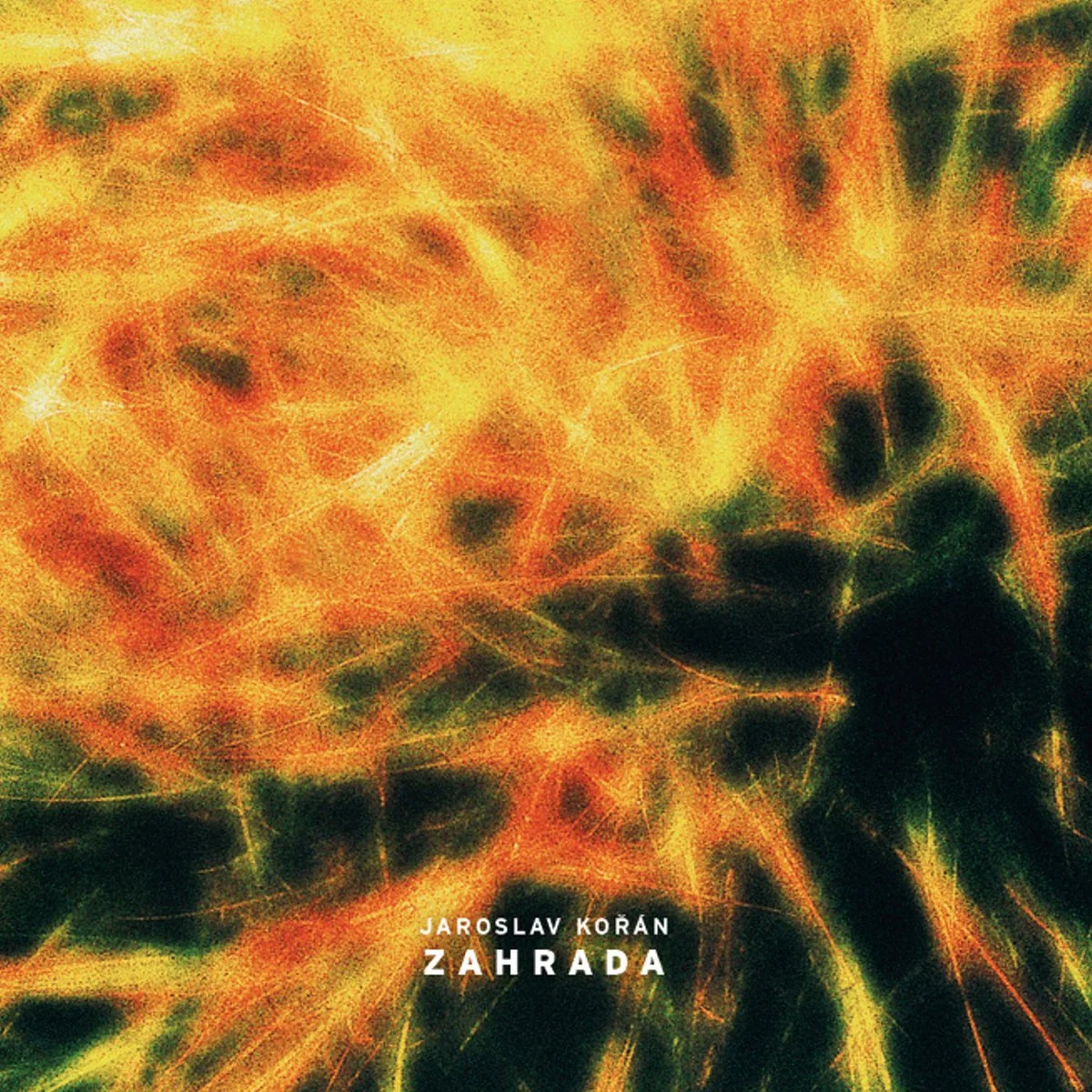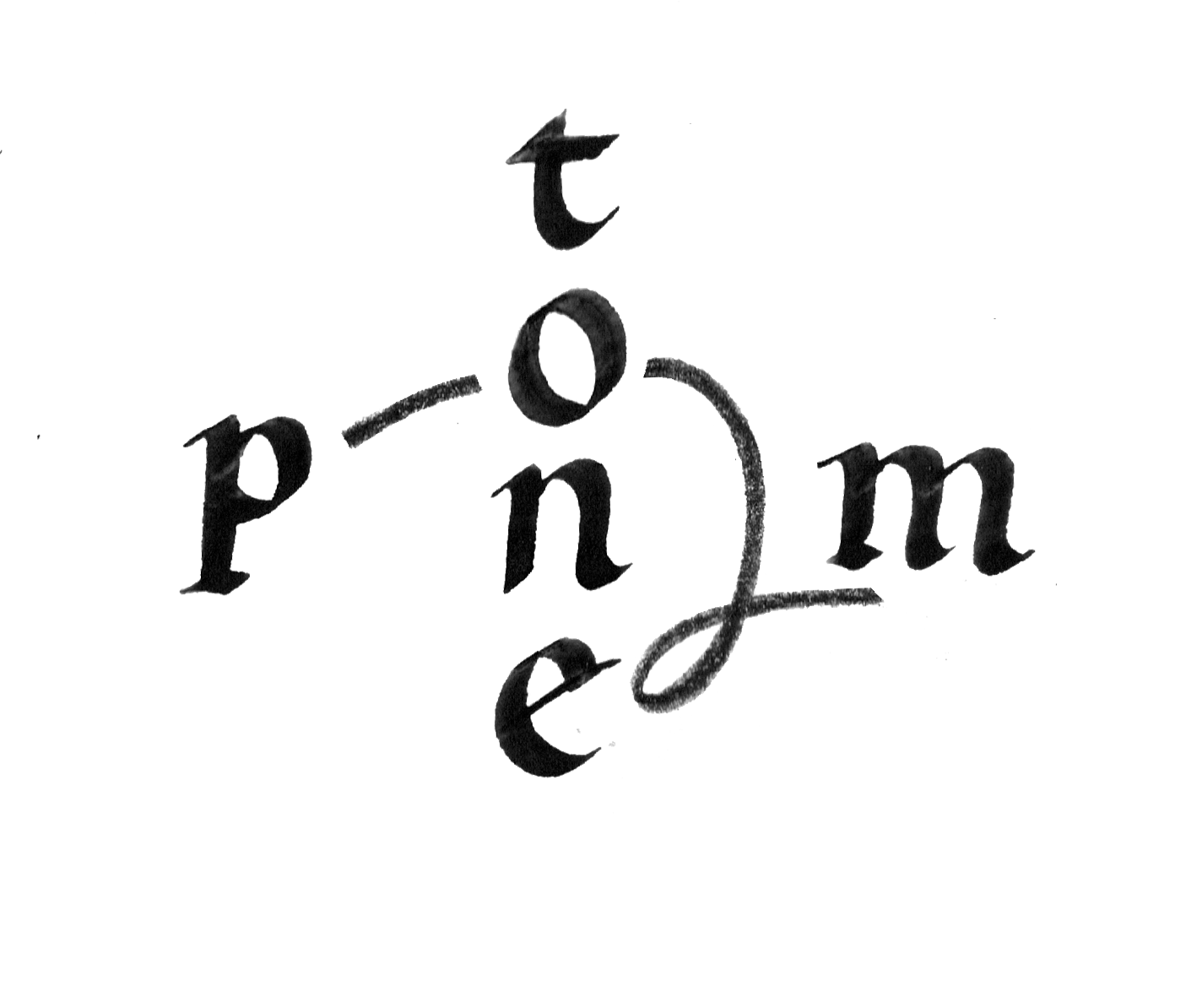 Image 1 of 1
Image 1 of 1


Jaroslav Kořán - Zahrada LP
“Zahrada has returned just at the moment when it can be compared to a fresh recording by Kořán. The voices of the mountains, which are 17 years apart from Zahrada, sound synthy in places, but that's deception and mam: in the valley of the Úpa, Jaroslav recorded real movements and played acoustic instruments. The mystery of these sounds, however, does not lie in the technique, but in the fact that the musician mined unconscious forms. The author himself speaks of translation: music is said to be a selection, a shortcut or a feature of their immensity and unboundedness.
What does such a translated landscape between Pecí and Horní Maršov sound like? The echoing pulse of the "clock" is no longer heard much here, Kořán this time lets out freer, longer sounds: something sounds as if he is ringing out his metal findings with a bow. The captured fizz of the chugging is extraordinary here: anyone who doesn't believe it can have the power of a movement for solo violin or organ should listen.
There are plenty of musicians around the world today who are sensitive to the sound of the real world, recording it a bit and "translating" it a bit. In our country, this adventure has attracted significantly more young people in recent years than before; many would have started a band if they had been born twenty years earlier, but today they are attracted to playing with a cheap microphone and a laptop. There's no point in holding a race, let's just say that Jaroslav Kořán is sensitive, imaginative and stubborn on an international level. Even his textual notes have not fallen short: "In the mountains, for example, I heard: talking, singing and music, humming, breathing and whispering, rumbling, trembling, whispering, moaning and wailing, laughing, lamenting, preaching, (...) honking, ringing, buzzing, shouting (...) and silence..."“
“Zahrada has returned just at the moment when it can be compared to a fresh recording by Kořán. The voices of the mountains, which are 17 years apart from Zahrada, sound synthy in places, but that's deception and mam: in the valley of the Úpa, Jaroslav recorded real movements and played acoustic instruments. The mystery of these sounds, however, does not lie in the technique, but in the fact that the musician mined unconscious forms. The author himself speaks of translation: music is said to be a selection, a shortcut or a feature of their immensity and unboundedness.
What does such a translated landscape between Pecí and Horní Maršov sound like? The echoing pulse of the "clock" is no longer heard much here, Kořán this time lets out freer, longer sounds: something sounds as if he is ringing out his metal findings with a bow. The captured fizz of the chugging is extraordinary here: anyone who doesn't believe it can have the power of a movement for solo violin or organ should listen.
There are plenty of musicians around the world today who are sensitive to the sound of the real world, recording it a bit and "translating" it a bit. In our country, this adventure has attracted significantly more young people in recent years than before; many would have started a band if they had been born twenty years earlier, but today they are attracted to playing with a cheap microphone and a laptop. There's no point in holding a race, let's just say that Jaroslav Kořán is sensitive, imaginative and stubborn on an international level. Even his textual notes have not fallen short: "In the mountains, for example, I heard: talking, singing and music, humming, breathing and whispering, rumbling, trembling, whispering, moaning and wailing, laughing, lamenting, preaching, (...) honking, ringing, buzzing, shouting (...) and silence..."“
